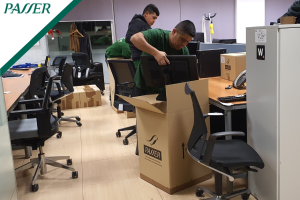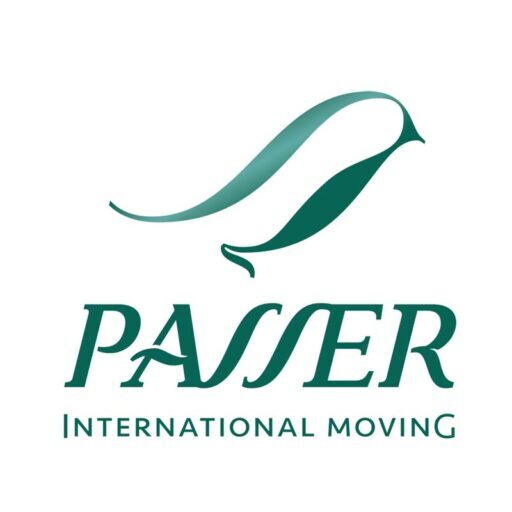How to make an international move
When considering an international move, many wonder: Where to start? With the growing trend of moving to other countries for work reasons, it is crucial to understand the challenges and steps involved in this process. Below, we'll explore step-by-step how to handle an international move to minimize any potential stress or complications.
Previous preparation
Know the regulations of the destination country
Before even packing a box, it's essential to find out about the import restrictions of the country you're moving to. Some countries have strict regulations on what you can bring in, especially when it comes to food, medicine, and pets.
Contact with relevant authorities
It is essential to communicate with the embassy or consulate of the destination country. They can offer you crucial information about the moving process and what to expect upon arrival. Additionally, registering at the embassy can be vital in case of emergencies.
Organization of the move
Selection and prioritization of belongings
Determine what you need to take with you and what you can leave behind or replace when you arrive at your new home. This selection is vital to not overload your move with unnecessary items.
Detailed budget
Requesting a quote from companies specialized in international moving will help you have a clear idea of the associated costs. This includes the type of transportation and the volume of your belongings.
Packaging process
Thorough registration
Keeping detailed control of each item to be transported is crucial. This registration will be requested by customs when entering your new country and will help avoid legal problems.
Adequate protection
Make sure your belongings are well protected. Use materials such as bubble wrap and wooden boxes for delicate items. Clothes can travel in closet boxes to avoid wrinkles.
Necessary documentation
General and specific documents
Make sure you have all the documents necessary for the importation of your goods, such as passport, packing list and clearance authorization. Each country may have additional requirements, so it is crucial to verify this information in advance.
Insurance and valuation
Insurance contracting
Consider taking out transportation insurance. This will protect your goods from any incident during the transfer. It is possible to adjust these policies to the specific needs of your move.
Appraisal of belongings
It is important that you value your personal items correctly. If you do not have invoices, make estimates as accurate as possible to ensure adequate coverage.
Final considerations
Importing specific objects
Please note that most countries prohibit the importation of certain items, such as food and alcoholic beverages, unless in limited quantities for personal use. Avoid including objects in your move that could cause problems at customs.
Considerations about the destination
Not all countries have the same regulations, and they can vary significantly even within the same region. For example, while some European countries are quite permissive on the importation of personal goods, others may have strict restrictions that might surprise you. Thoroughly researching and preparing for these differences can make all the difference in your moving experience.
Transportation options
Choosing the mode of transportation for your move depends on several factors, including how quickly you need your things to arrive, the cost, and the amount of goods you plan to move. Sea freight is generally cheaper for large volumes, while air freight is faster but also more expensive. Consider your priorities and choose the option that best suits your needs and budget.
Moving to another country is a big step, but with the right preparation, it can be an exciting and stress-free transition. Taking the time to plan properly and follow these steps will ensure that your international move is successful.
Do you need to make a move? we can help you
At Passer we are always willing to collaborate









